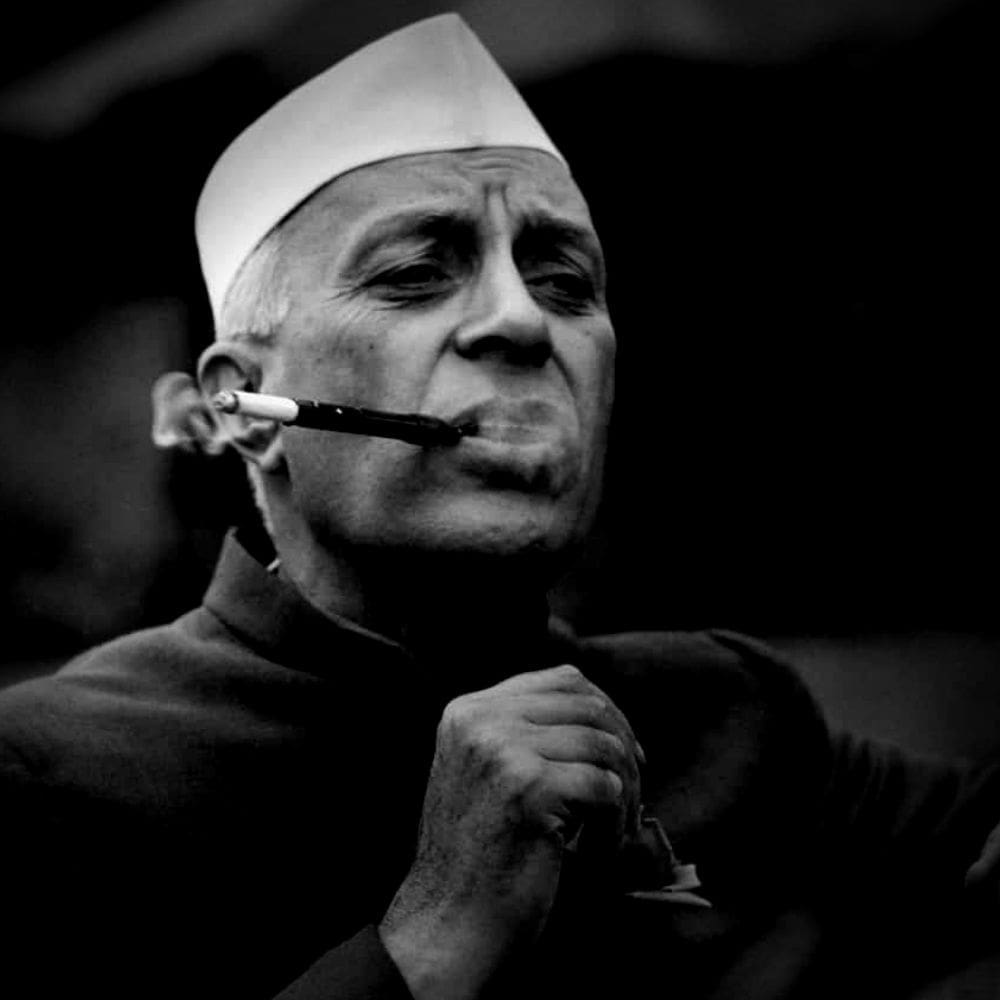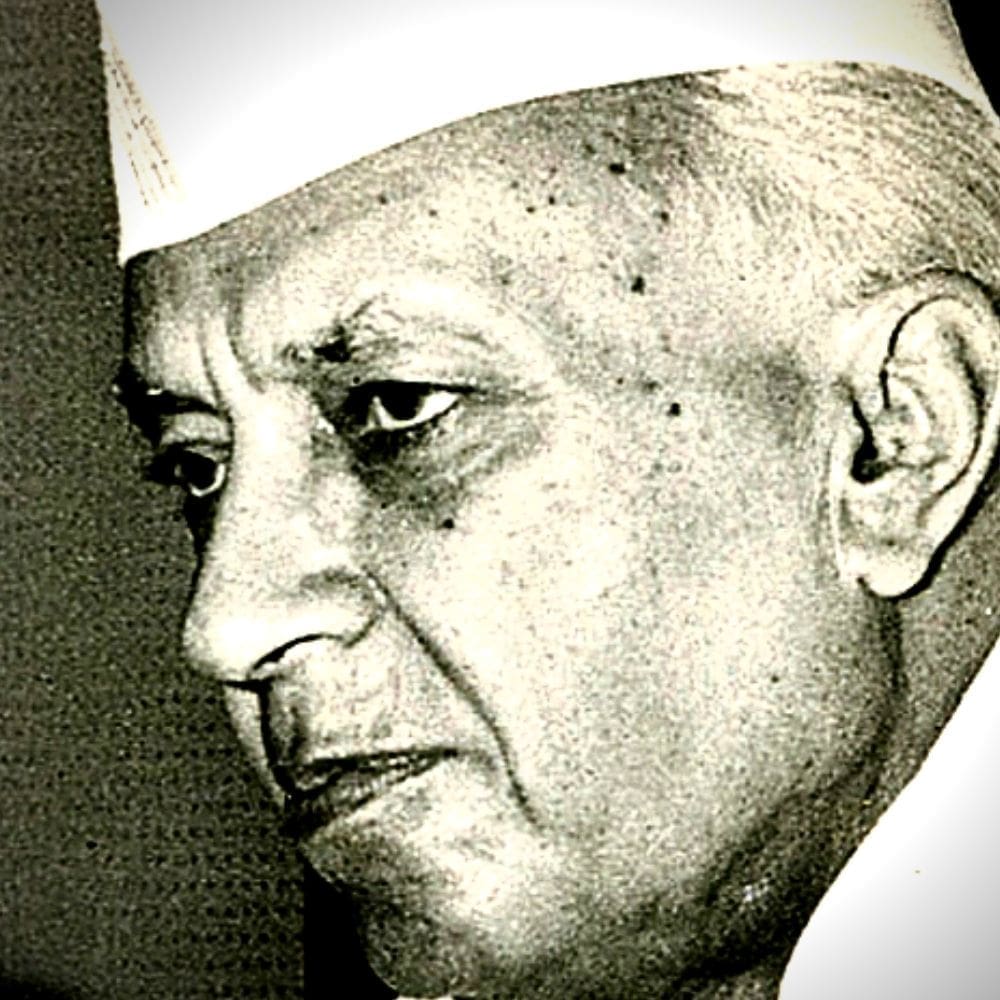SQUANDERING ONCE-IN-A-LIFETIME OPPORTUNITY
INDIA’S MAJOR ADVANTAGES AT INDEPENDENCE
Strong Base & Assets
At the time of independence, compared to China and all the countries in SE-Asia like Taiwan, South Korea, Singapore, and so on, India was much better placed in terms of infra-structure like roads, railways, and industries; administrative and criminal-justice infra-structure; and had a large, indigenous groups of entrepreneurs, industrialists and businessmen. Not only that, India had a favourable balance of payments, with the UK owing millions of pounds to us, which it repaid over the years.
Abundance of Talent
India, and therefore Nehru as PM, was exceptionally fortunate to have a large pool of extraordinarily talent at the time of independence. To have had highly capable and upright politicians like Sardar Patel, C Rajagopalachari, Dr BR Ambedkar, Dr Rajendra Prasad, John Mathai, CD Deshmukh, Dr Shyama Prasad Mukherjee, KM Munshi, GB Pant, Rafi Ahmed Kidwai, and so on, was indeed fortunate. Then, there was a large team of experienced and capable bureaucrats like VP Menon, HM Patel, Girija Shankar Bajpai, etc. Many of the Diwans of the Princely States were highly competent and experienced administrators, like CP Ramaswami Iyer of Travancore, M Visvesvaraya of Mysore, and so on. Indian army had WW-II veterans, and people like KM Cariappa, Thimayya. We also had many reputed educationists, technocrats, economists, and finance persons. India would never have such a distinguished mix of talent and such people of integrity again.
Patriotic Fervour & Zeal to Succeed Post-independence, millions were fired with patriotic zeal, ready to sacrifice, and do their utmost to show to the world what this grand, old civilisation was capable of. They all wanted to disprove the British canard that without them India would go to pieces and would become a basket case. India was the richest nation in the world when the Islamic invaders arrived. Despite their loot and plunder, India still remained attractive, though much less rich. Still, India was far, far richer than England when the English first arrived in India. However, thanks to their loot and disastrous economic management, condition of India became pitiable. That was the time, after independence, to show to the world what India would have been, had the British and Muslims hordes not set their feet in India.
Popular Support & No Opposition
Fortunately for Nehru, support was for the asking. There was no opposition worth the name. He enjoyed unbridled supremacy both over the Congress and the government for 17 long years. He could do what he wanted. People were also fired up. It was once in a millennium opportunity, which India would never again get.
SADLY, NEHRU FAILED TO RISE TO THE OCCASION
Sadly, Nehru woefully failed to leverage the above assets. Even as countries much behind us at the time of our independence picked up, grew fast, and became first-world countries within a few decades, India lumbered on as a forever developing, third-world country under Nehru and his
dynasty.
What really pains one is that it was after hundreds of years that India breathed free, and the Indian people, oppressed for centuries, hoped the sun of swaraj would shine for them, lifting the dark days of the Islamic and then the British tyranny—sadly, the sun failed to rise for the overwhelming majority. Nehru just frittered away that once in a life time golden opportunity for the nation. He squandered his political capital. Wrote Brig. BN Sharma:
“He [Nehru] could, but did not rise to the call of destiny and led the country not to glory but ignominy.”
“My chief attempt is to present the unrevealed Janus-like face of the man [Nehru], who to a large extent, shaped the destiny of this subcontinent called Bharat. Placed as he was at the steering wheel of history… he had the power and the authority, unparalleled in democratic polity, to chalk out a path for this country that could lead to progress and glory. Instead, he dithered and fumbled and took us where we stand today. To now correct the course, and reach our rightful destiny, it is incumbent on all of us to know what went wrong and why? It is difficult to imagine how a nation as well-endowed as India in human and natural resources, with a head-start on many other countries similar enslaved, crawled to its present… We are so far behind from where we should have been…”
Rather than leaving a strong and prosperous India after seventeen long years of rule, Nehru left India with the largest unsettled border in the world; too militarily weak to effectively defend itself against foreign designs; too isolated and too friendless to get help and support in case of foreign aggression; too poor to adequately feed its millions; too socialistic, babu- dominated, and mired in bureaucratic controls to be able to rise and become prosperous; too illiterate and uninformed to derive benefits from the adoption of a democratic system; too weak politically by not allowing the opposition to rise up, and become an effective player in the electoral system and democratic processes; too pliant a press and media to fulfil their duty as the fourth estate; legislative and executive wings too full of sycophants, “yes-men”, and hangers-on at the top-level to deliver anything concrete— overall an oppressive legacy of political, bureaucratic, economic and academic culture that continued to pull India down for decades after, and still afflicts it.



